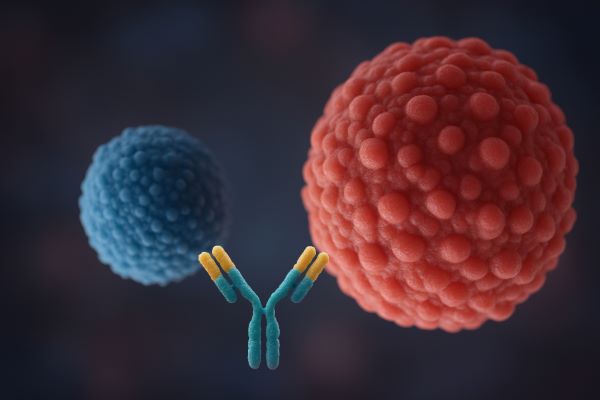The first project will focus on developing an AI-based platform for the sterically guided design of bispecific antibodies

BioMed X, a biomedical research institute in Heidelberg, has partnered with Servier to launch the first European XSeed Labs within Servier’s R&D site in Paris-Saclay. Hosted at the Spartners incubator operated by BioLabs, this lab will apply BioMed X’s model of integrating academic researchers into pharmaceutical R&D.
The first project will focus on developing an AI-based platform for the sterically guided design of bispecific antibodies—used in cancer therapy to target two different molecules simultaneously. The goal is to improve the structure and function of these antibodies by considering spatial limitations that affect their performance in the body.
Currently, the design of bispecific antibodies is limited by physical constraints, including steric hindrance and the spatial arrangement of binding sites. These challenges often prevent both arms of the antibody from effectively binding their targets. There is a need for tools that can help design more efficient antibody architectures.
BioMed X and Servier invite scientists worldwide to submit research proposals on this topic. Proposals should address: machine learning models that integrate structural data and cell surface topologies, prediction of epitope pairs for better immune synapse formation or internalization, simulation tools to model antibody behavior under physiological conditions and experimental validation of predictive models
Dr. Christian Tidona, Founder and CEO of BioMed X, said: “With Servier, we’re bringing our XSeed Labs model to Europe, proving that academic innovation embedded within pharma can bring real value to early R&D.”
Céline Triquel, Head of R&D Open Innovation at Servier, added: “This initiative strengthens our open innovation approach. Hosting an XSeed Labs team enriches our ecosystem and brings new perspectives to our research, especially in oncology.”

Subscribe To Our Newsletter & Stay Updated